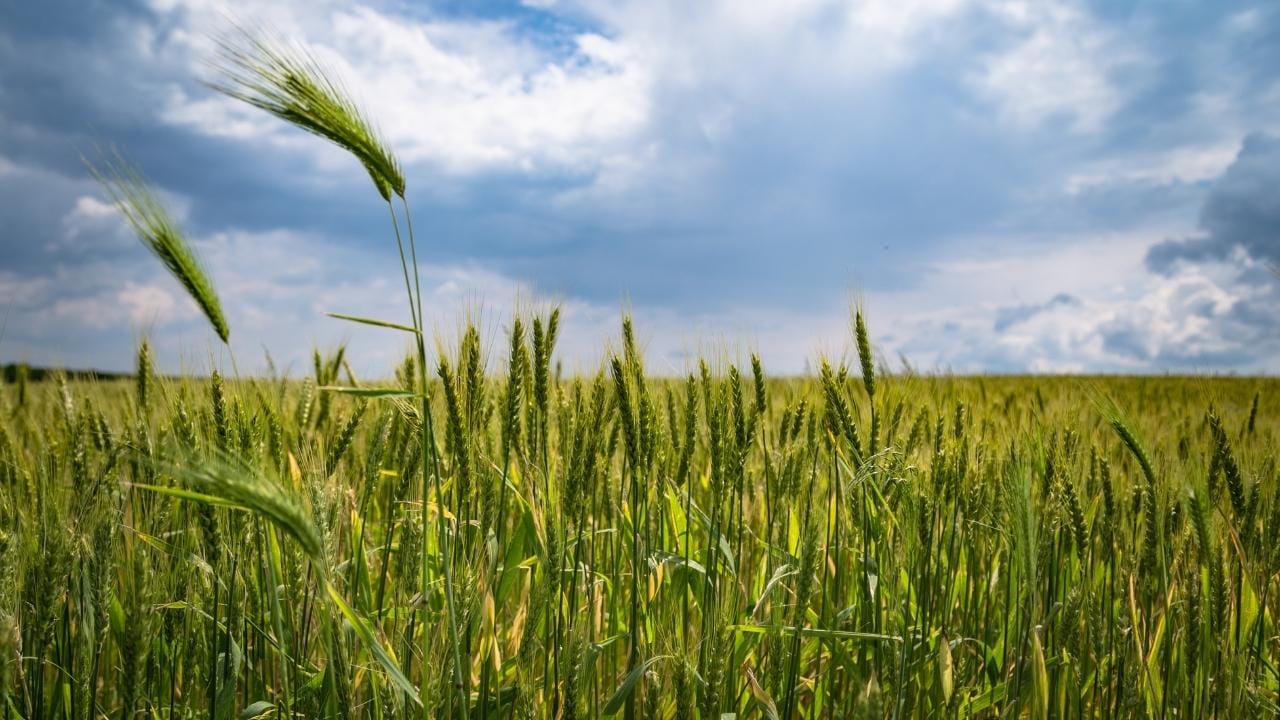For decades, high crop yields have been attributed to the use of human-made fertilizers. Now it’s time to achieve high yields with more environmentally-friendly practices.
A new study that included 30 farms in Africa and Europe has shown that small amounts of fertilizer combined with natural farming methods can result in high crop yields while protecting agricultural ecosystems.
According to EcoWatch, the methods included cultivating a wide variety of crops and growing crops like clover and beans that improve soil fertility.
“The farm experiments the researchers examined for the study had been going for more than nine years and 25,000 harvests and included 30 individual experiments on crops of oats, wheat, barley, maize, potatoes and sugar beet, ” the press release said. The research team analyzed how the variety of natural methods used interacted with various levels of plowing and nitrogen-rich fertilizers. Each analysis considered at least one of the trio of natural farming practices.”
This study was the first one that explored the interaction of natural farming methods and industrial fertilizer.
Interestingly, the study also proved that using natural farming methods with large amounts of fertilizer didn’t increase crop yields any further.
These findings are important from another aspect — they could lead to a more equitable global distribution of fertilizer. Currently, fertilizer rates are much lower in Africa than in Europe. If we can reduce the use of fertilizer where it’s currently high, the fertilizer use can be increased where it’s currently low.
This might solve food security issues in many parts of the world.
More inspiring green news similar to this:


